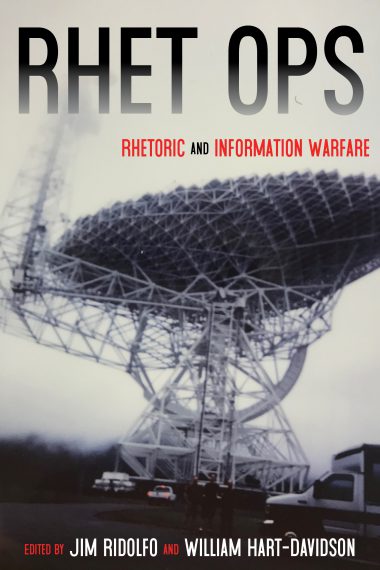When I teach first-year writing, I sometimes use the story of Charlton Heston’s post-Columbine NRA speech in Denver as an example of rhetorical kairos, keyed to its time and place. (What actually happened, as always, is more complex than the story.) The lesson I try to teach: whatever one’s views on guns after Columbine, the time and place of that speech affected or reinforced them. There is such a thing, I suggest, as a rhetorical moment.
Recently, we were in another such moment in the furor over iPhone encryption. John Oliver did a good 18-minute job of explaining some of the particulars, and it’s worth your time if you haven’t seen it. The furor over encryption, in a US context, was a fight about the intersection of information and technology and politics, and that intersection is one I’ve lately had increasingly strong thoughts about.
I was dismayed to see James Comey, the Director of the FBI who selected the fight with Apple over encryption, taking what became the government’s public stand. Tim Weiner’s excellent 2012 history of the FBI, Enemies, notes (lest we forget) that Comey is the former Acting United States Attorney General who was in the intensive care hospital room on March 10 2004 when John Ashcroft refused the request brought by Andrew Card and Alberto Gonzales from President George W. Bush to reauthorize the Stellar Wind government eavesdropping program. Ashcroft said at the time that it didn’t matter, “‘[b]ecause I’m not the attorney general. There is the attorney general.’ And then he pointed at Comey” (Weiner 434). Comey refused as well. Later, in an admirable 2005 address to the NSA, Comey would describe what then-director of the FBI Robert Mueller “had heard [two days later] from Bush and Cheney at the White House”:
“If we don’t do this, people will die.” You can all supply your own this: “If we don’t collect this type of information,” or “If we don’t use this technique,” or “If we don’t extend this authority.” (Weiner 436)
Eleven years later, Comey supplied his own this.
Comey and the FBI were wrong to demand decryption. Code is speech. Forcing someone to speak is a violation of the First Amendment. Osip Mandelstam was commanded to write a poem in praise of Stalin, refused, and died in a cold prison camp near Vladivostok after smuggling out a letter to his wife asking for warm clothes. Apple’s 3/15 response to the FBI rightly invoked the specter of compelled speech when it pointed out that “the state could force an artist to paint a poster, a singer to perform a song, or an author to write a book, so long as its purpose was to achieve some permissible end, whether increasing military enrollment or promoting public health.” So-called “back doors” that would allow a government of eavesdropping and informants like that of Stalin’s regime endanger us all. And the FBI’s expressed position is hostile to liberty and anti-Constitutional.
Consider the similarly Stalinist inverse of compelled speech: Read more





Recent Comments